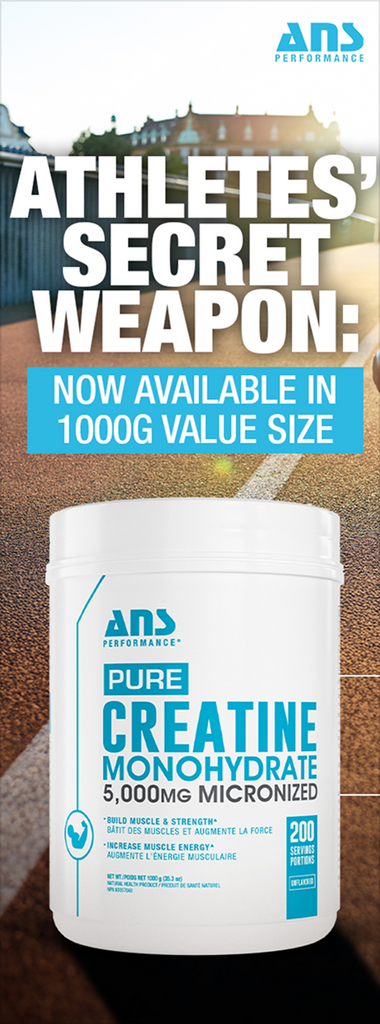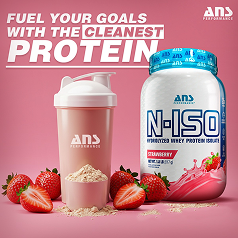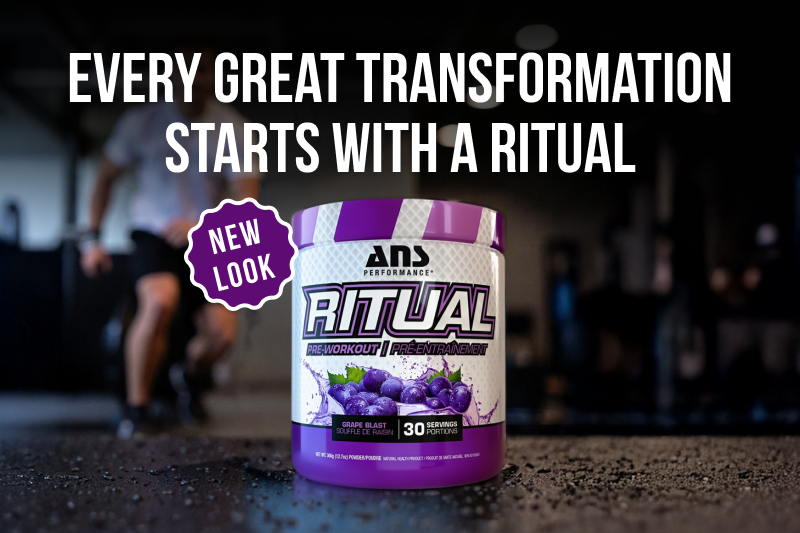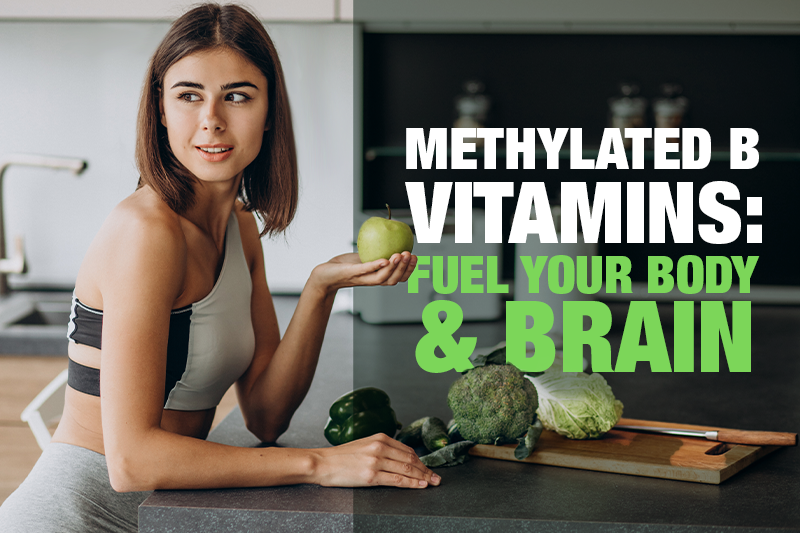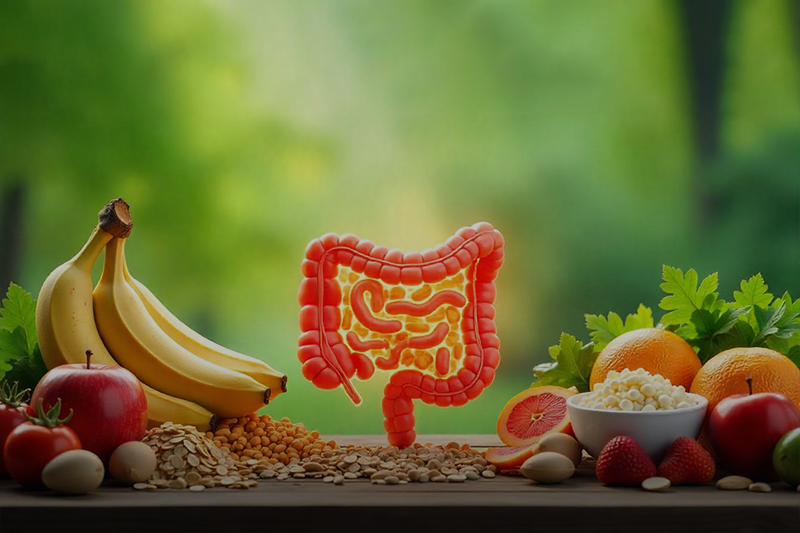

Veganism is a growing trend with more and more people adopting the lifestyle every day. The origin of one's desire to try to eat a more plant-based diet or convert to being wholly vegan may stem from several key factors. Perhaps it's about the exploitation of animals, for personal health reasons or for the good of our planet's environment.
Certainly all of the above are valid reasons for consideration of becoming vegan. As our environmental concerns come to the forefront of global politics; there is a push to ensure we leave behind a sustainable planet for future generations. The mass production of animal products certainly places a heavy burden on our planet; with significant deforestation, habitat loss and species extinction growing as land is cleared to grow the crops required for feed.
There are several health considerations to make however before jumping into a vegan lifestyle, many of which center around the dietary implications of eliminating meat or animal products from your diet entirely. In this article we'll focus on the most challenging macro-nutrient to maintain when going vegan, protein.
PROTEIN:
Meat, dairy and eggs account for the majority of dietary protein in a typical Western diet. Vegans need to be cognizant of ensuring they are getting adequate protein from their diets to maintain lean body mass. This may require eating a significant volume of nuts/seeds, whole grains and legumes.
The average vegan consumes approximately 30% less protein that non-vegans, primarily because plant based foods are typically lower in overall protein content, and as such they would need to consume a significantly higher volume of food to attain recommended levels of protein intake.
Plant proteins also tend to be far less bioavailable than animal protein sources, and they often are deficient in various essential amino acids.
There are 9 essential amino acids (histidine, isoleucine, leucine, lysine, methionine, phenylalanine, threonine, tryptophan, and valine) with a 10th, arginine being essential for youngsters. These amino acids MUST be obtained from the diet, since the body cannot synthesize them itself from other starting materials.
Rice protein, for instance, is deficient in the amino acid Lysine. Pea protein is low in methionine and nearly all plant proteins do not contain the levels of branched chain amino acids (BCAAs: Leucine, Isoleucine and Valine) that whey protein does. BCAAs, in particular Leucine are critical for the maintenance and building of lean muscle.
If considering going vegan, one should certainly look to ensure they are supplementing their diet with a good protein supplement that is comprised of a 'blend'' of multiple plant based protein sources. Utilizing a product derived from more than a single source of plant protein can help alleviate the deficiencies that a single source like rice or soy protein may have.
Consider the following:
Lentil protein is rich in Leucine, Lysine, Phenylalanine, Threonine & Tryptophan.
Pumpkin seed protein and Quinoa are rich in Arginine.
Combining these 3 protein sources with a combination of both Pea and Rice protein yields a COMPLETE protein, that is chalk full of all 10 essential amino acids.
Plant protein technology has improved the quality, texture and taste of vegan protein supplements today compared to even just 2 years ago. A high quality blend of vegan proteins can now be enjoyed daily, without the gritty and chalky aftertaste that plagued vegan proteins in the past.
Do your research, here are 5 tips to look for when looking at a vegan protein supplement:
- Ensure it is made with multiple protein sources to get a COMPLETE protein
- Look at the protein % of the formula. The higher the protein content of the formula relative to the serving size, will yield a more efficient source of protein. For instance, a 30g scoop of protein yielding 21g of protein is 70% protein by weight, which is really good for a plant protein. Inferior proteins may contain 40-60% protein, which means they potentially have more 'filler' or sugar content.
- Try to avoid proteins derived from soy. Soy is a big GMO crop, but can also contain phytoestrogens which can mimic the hormonal effects of estrogen in the body.
- Look for SUSTAINABLE protein sources. New hydroponic growing technologies allow for as much as 98% recycling of resources used to grow the crops.
- Ensure it tastes amazing without the sugar. A zero sugar or low sugar formula will likely ensure that the formula is devoid of 'fillers' and that the protein content is higher.


